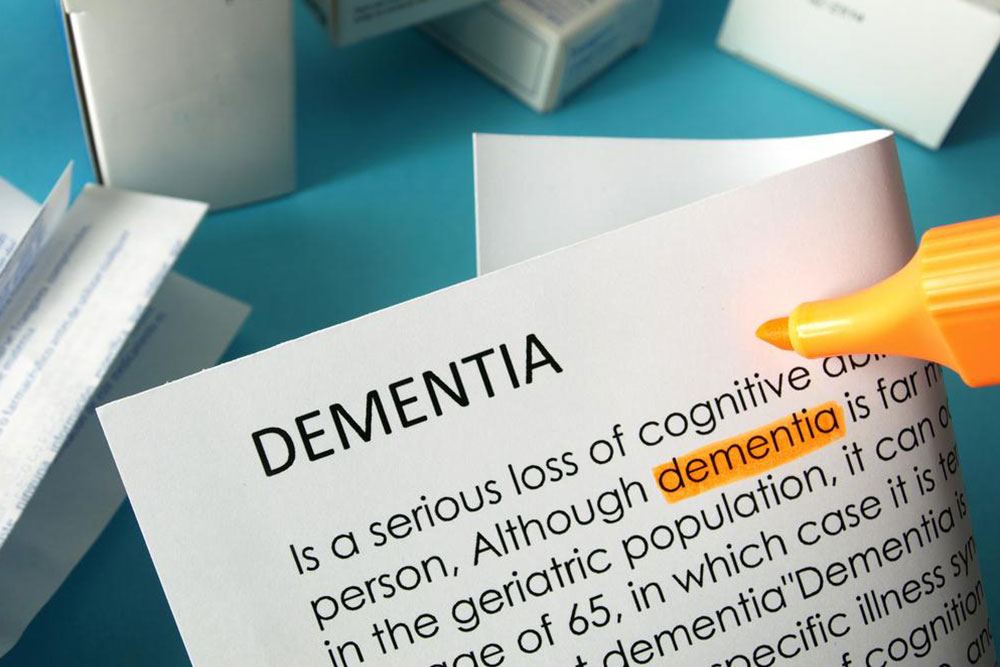Understanding the Initial Signs of Dementia
This article explains the early symptoms of dementia, emphasizing the importance of recognizing signs such as memory loss, mood swings, confusion, language difficulties, behavioral changes, poor judgment, and loss of routine skills. Early diagnosis can help manage the disease more effectively and improve quality of life.
Sponsored

Dementia encompasses a range of symptoms caused by brain conditions that impact cognitive functions. These symptoms can disrupt memory, communication, social interactions, and thinking skills, affecting daily routines. Common causes include Alzheimer’s disease, frontotemporal dementia, vascular issues, Parkinson’s, head injuries, among others.
This progressive illness worsens over time, emphasizing the need for early detection and intervention. Recognizing early warning signs allows for timely diagnosis and management.
It’s important to note that memory problems alone do not confirm dementia.
Diagnosis typically occurs when a person exhibits at least two symptoms that interfere with their quality of life. Here are key early indicators:
Recent Memory Difficulties: Struggling to recall recent events, such as what was eaten for dinner or where belongings are kept, is common in early dementia.
Mood Fluctuations: Sudden shifts to moodiness, depression, or irritability may be observed.
Disorientation: Confusion about familiar places or faces, and difficulty finding the right words, can surface early.
Language Challenges: Trouble remembering common words or expressing thoughts indicates possible onset.
Behavioral Changes: Personality shifts, such as increased sociability, paranoia, or neglecting hygiene, are signs.
Poor Decision-Making: Reduced judgment in everyday or emergency situations may occur.
Loss of Routine Skills: Forgetting how to perform familiar tasks, like driving or household chores, can happen.
Diminished Abstract Thinking: Difficulty handling numbers or managing finances may present.
Interest Loss: Decreased enthusiasm for hobbies and activities previously enjoyed.
Difficulty Maintaining Focus: Trouble concentrating or paying attention can be an early warning.






